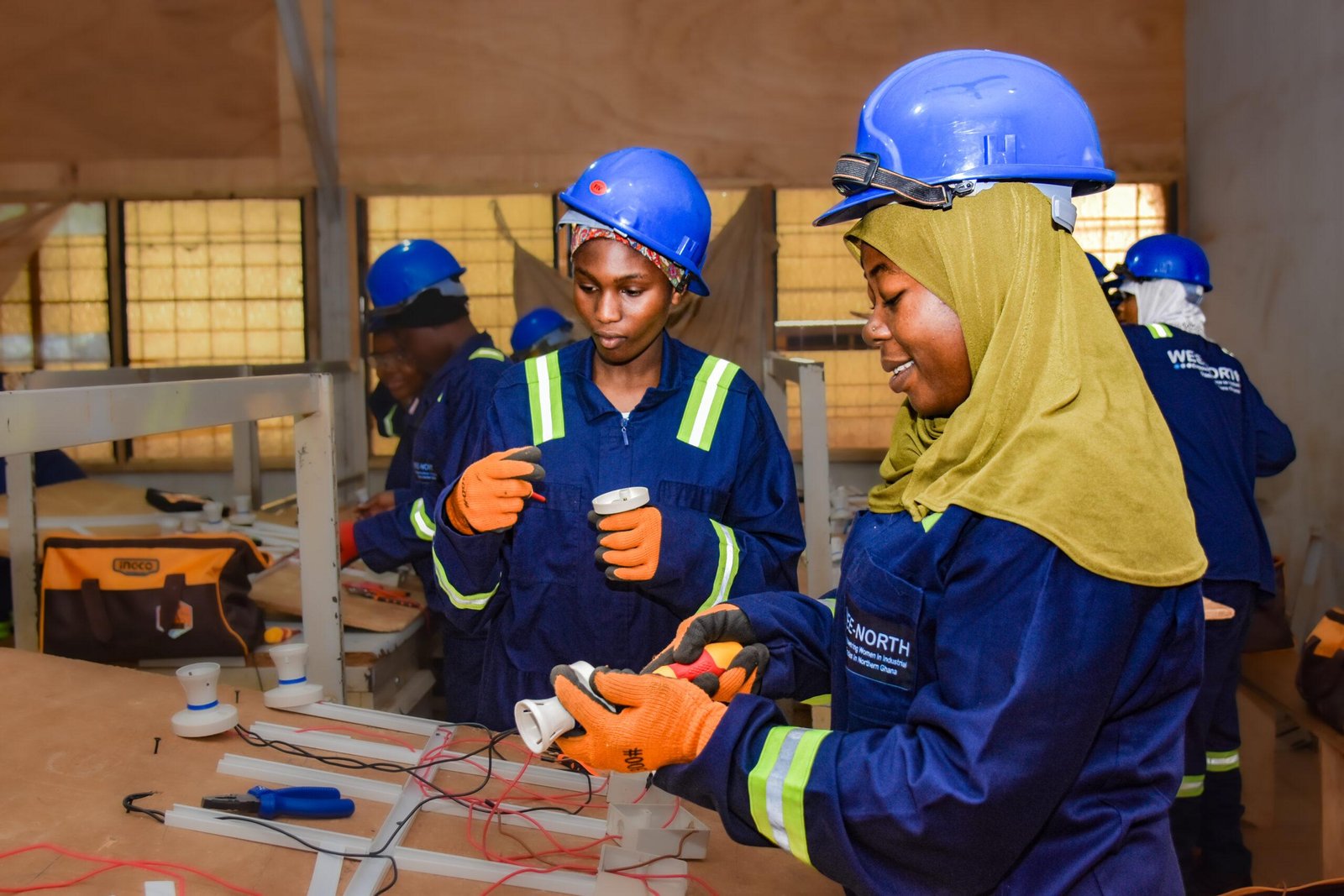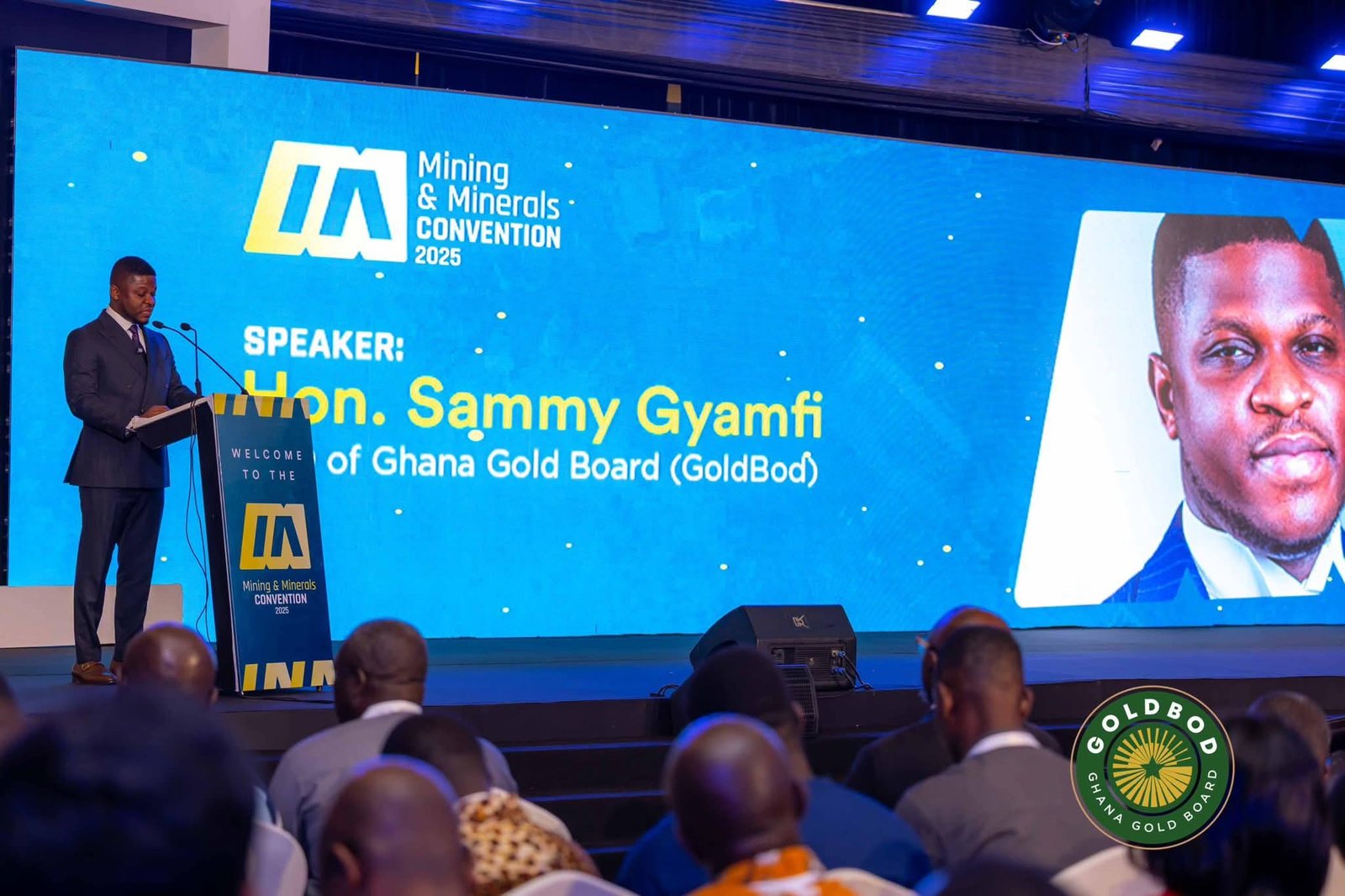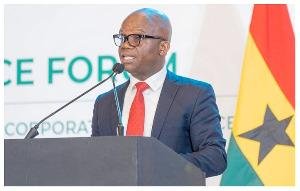News
UNICEF, Govt study uncovers skills mismatch in TVET sector

A NEW study by United Nations Children’s Fund (UNICEF) Ghana in partnership with the Government of Ghana has uncovered a significant mismatch between the skills taught in Technical and Vocational Education and Training (TVET) institutions and those required by employers.
Conducted in the Ashanti Region, the research assessed public and private TVET schools and compared their training programmes with the demands of industries such as agriculture, Information and Communications Technology (ICT), manufacturing, and construction.
The findings revealed that while some trades were oversupplied, critical sectors face severe shortages.
In agriculture, the region’s dominant sector, only one out of 57 pre-tertiary TVET institutions offers relevant training, despite high demand for agro-processing skills.
ICT, a fast-growing field, is offered in just four schools. By contrast, fashion design and garment-making dominate curricula, creating an oversupply of graduates, while areas like green technology and advanced Information Technology (IT) remain underrepresented.
The study also found a ‘perception gap’ between employers and graduates.
Employers complained of weak practical exposure and poor soft skills, while many graduates felt they were adequately prepared for work.
Free TVET education has boosted enrollment, but limited facilities and equipment were overstretching schools and undermining Competency-Based Training (CBT).
Private institutions recorded higher CBT accreditation than public ones, though both struggle with resources.
According to the research, employers also reported difficulties finding job-ready candidates with practical experience.
UNICEF’s Education Specialist, Dr Tillman Guenther, noted that Ghana’s youthful population offers a potential demographic dividend that could drive economic growth.
However, this opportunity is threatened by unemployment and job insecurity.
“Increasing investment in TVET and tailoring training to market demands are critical if Ghana is to equip its young people with the skills needed for meaningful employment,” Dr Guenther said.
He called for collective action by government, private sector, and development partners to ensure TVET becomes a true driver of sustainable growth.
By Esinam Jemima Kuatsinu
News
Gold Board secures $1bn deal to boost responsible mining in Ghana

The Ghana Gold Board has entered into a partnership with Goldstream Global DMCC to attract a US$1 billion investment into the country’s mining sector.
Chief Executive Officer of the Board, Sammy Gyamfi, disclosed at the 2025 Minerals and Mining Convention that the Memorandum of Understanding (MoU) was signed on August 22, 2025.
The agreement, he explained, will pave the way for the establishment of more than 300 responsible mines across the country.
The project will be carried out in collaboration with concession owners, the Ministry of Lands and Natural Resources, and allied agencies.
Mr Gyamfi said the initiative is expected to increase Ghana’s gold output, create thousands of jobs, and ensure that mining is done in a more sustainable and environmentally friendly manner.
He emphasised that the partnership forms part of the Gold Board’s commitment to transform small-scale mining, curb illegal operations, and maximise the benefits of the sector for national development.
By: Jacob Aggrey
News
Gold Board set to establish gold village in Ghana – Sammy Gyamfi

The Ghana Gold Board is preparing to set up a gold village in the country to boost local jewellery and ornament production.
Chief Executive Officer of the Board, Sammy Gyamfi, revealed this at the 2025 Minerals and Mining Convention.
He explained that the project will be modelled after the famous Gold Souk in Dubai and will position Ghana as a continental hub for gold jewellery and other ornaments.
According to him, the gold village forms part of efforts to add value to Ghana’s mineral resources instead of exporting them in their raw state.
He stressed that value addition was critical to creating jobs, strengthening the economy, and ensuring that the nation benefits fully from its mineral wealth.
Mr Gyamfi noted that the initiative will also promote local craftsmanship, attract investors, and make Ghana a key player in Africa’s gold and jewellery market.
By: Jacob Aggrey














